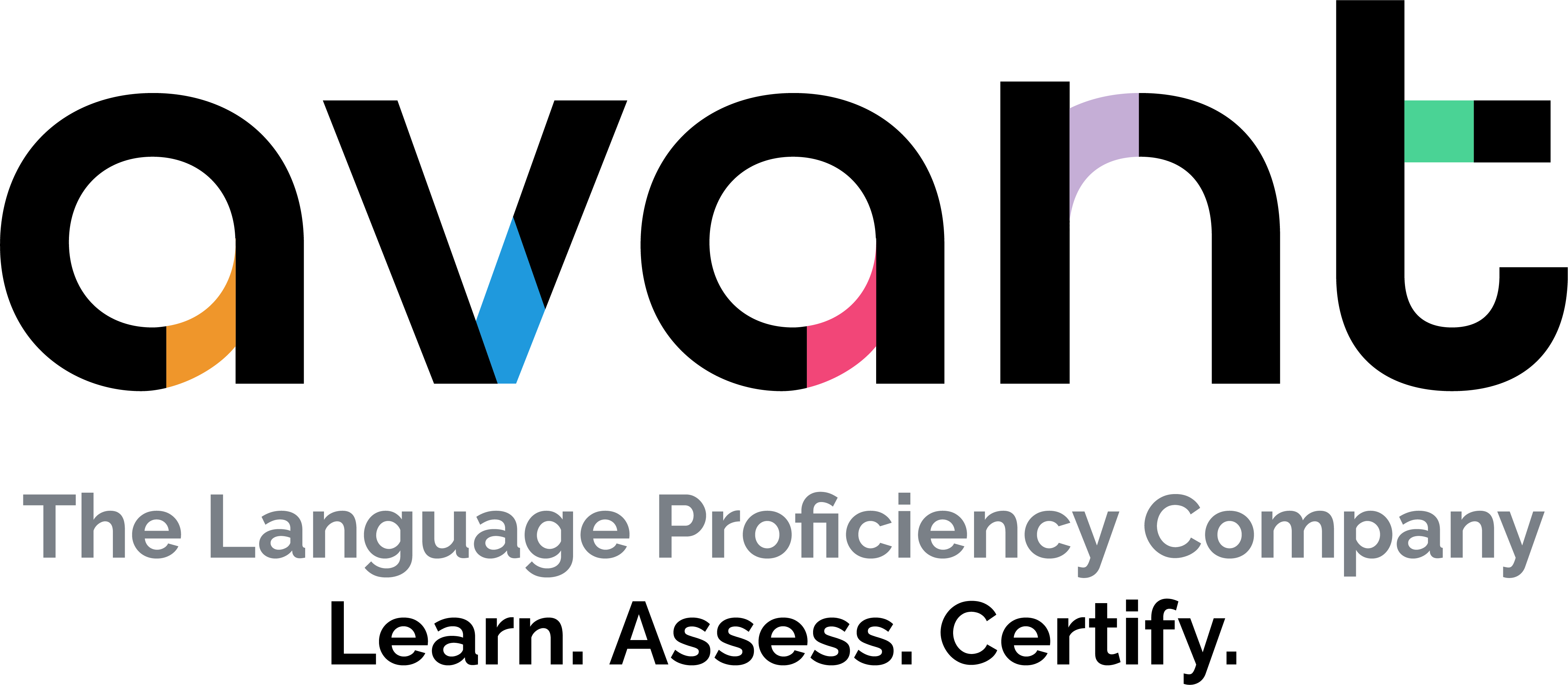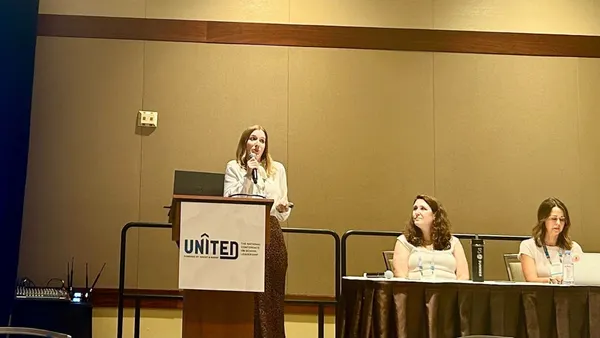Dive Brief:
- As supply chain and staffing woes persist for school meal programs, school nutrition advocates are urging Congress to extend the U.S. Department of Agriculture's authority to issue child nutrition waivers for the 2022-23 school year as soon as possible.
- If the USDA’s authority to extend waivers expires June 30 as currently scheduled, universal free school meals will end. Schools will also lose the ability to provide flexible meal delivery and pickup options for families.
- Meanwhile, nutrition managers are planning now for summer meal programs and need certainty about how they’re going to serve meals in the near future, said Crystal FitzSimons, director of school and out-of-school time programs at the Food Research and Action Center.
Dive Insight:
With organizations such as FRAC, No Kid Hungry and the School Nutrition Association urging Congress to extend USDA’s authority to continue issuing waivers, FitzSimons said she’s hoping that power will be granted in the next omnibus federal spending bill as early as February.
Alongside FRAC, No Kid Hungry and SNA, some 20 other nationwide organizations sent a joint letter Jan. 25 to leaders on the House and Senate Appropriations committees about the USDA waiver authority as the June 30 deadline looms. The letter emphasized COVID-19 is far from over and pointed out the pandemic has caused frequent school closures and required students to quarantine and miss meals.
“This arbitrary deadline means that summer meal programs will not be able to operate under the same program rules through the entire summer, forcing many providers to stop serving meals or shut down altogether and leaving millions of children without access to healthy meals,” the letter said.
Schools don’t know if they’ll be operating under the current waivers as they plan for the next school year, prepare bids for food purchasing and write new menus, said Jillien Meier, director of the No Kid Hungry Campaign. The campaign is part of Share Our Strength, an organization focused on ending hunger and poverty.
“They don’t know if they’re going to be operating under the National School Lunch program, they don’t know if meals will continue to be flexible,” Meier said. “They’re kind of operating in the dark, which is really, really challenging.”
Meanwhile, USDA Friday announced updated transitional nutritional standards for the 2022-23 school year and intended to run through the 2023-24 school year. The move aims to give schools time to transition from the current flexible pandemic operations toward serving even more nutritious meals, USDA said in a statement. The department further said it would issue a proposed rule in the fall "that moves toward updating nutrition standards for the long term," with a final rule to be in place in time for schools to plan for the 2024-25 school year.
House Committee on Education and Labor Chairman Rep. Robert "Bobby" Scott, D-Va., released a statement Friday praising the Biden-Harris administration for continuing to provide flexibility for school meal nutrition standards amid the recent rise of COVID-19 infections. Scott said he looks forward to restoring the full, evidence-based nutrition standards in the future.
Scott also said he is focused on "advancing a comprehensive reauthorization of federal child nutrition programs."
In January, the USDA announced it would funnel an additional $750 million into school meals nationwide this school year by increasing school lunch reimbursements.
So far those increased reimbursements have helped school meal programs adjust to inflation costs, bolster their purchasing power and stretch their budget, Meier said.
To help school nutrition professionals navigate ongoing supply chain challenges, No Kid Hungry and the School Nutrition Foundation announced they are partnering to find and share innovative solutions. Moving forward, Meier said their new best-practice resource center also wants to focus on highlighting innovative solutions for job shortages impacting school meal programs.
“In addition to what the USDA has already done, there’s so much more need out there,” Meier said.
The new partnership will also launch a professional development webinar series on topics like menu substitutions, partnering with business officials and communicating with parents.
As some parents grow frustrated with school meal programs that may run out of certain food items due to supply chain problems, Meier said it’s important schools understand how to communicate why those issues are arising. Leaders need to inform communities that a lot of these issues are out of their control, she said.
“To education leaders within a school district, to the parents, to the kids, I would just encourage them to be a little bit more open-minded and supportive of their school food staff and their school food program,” Meier said.














